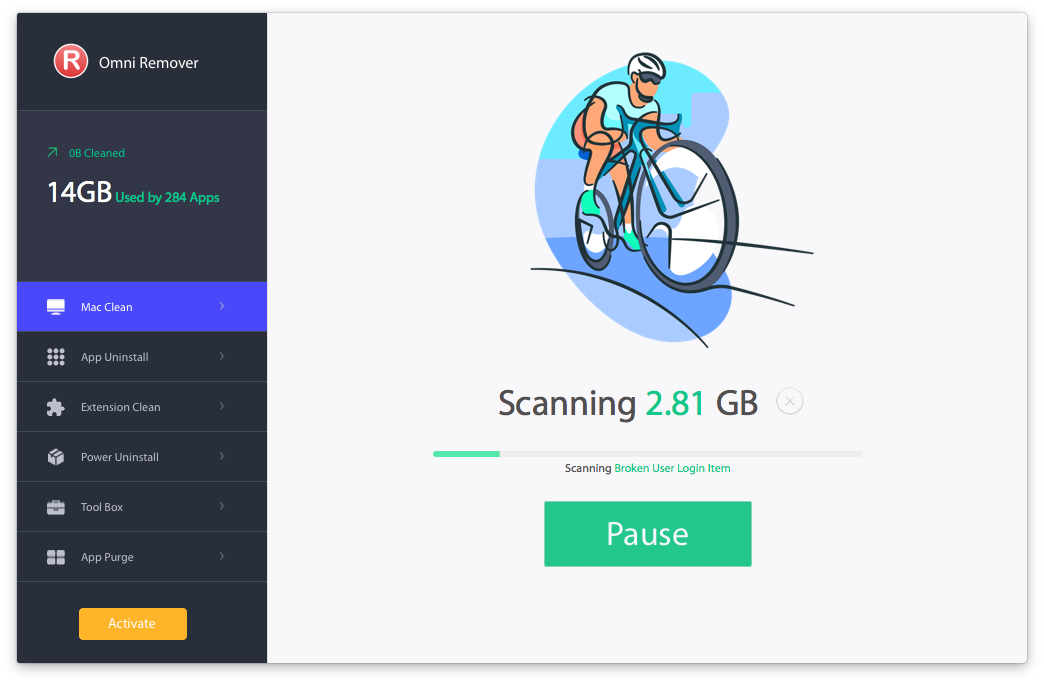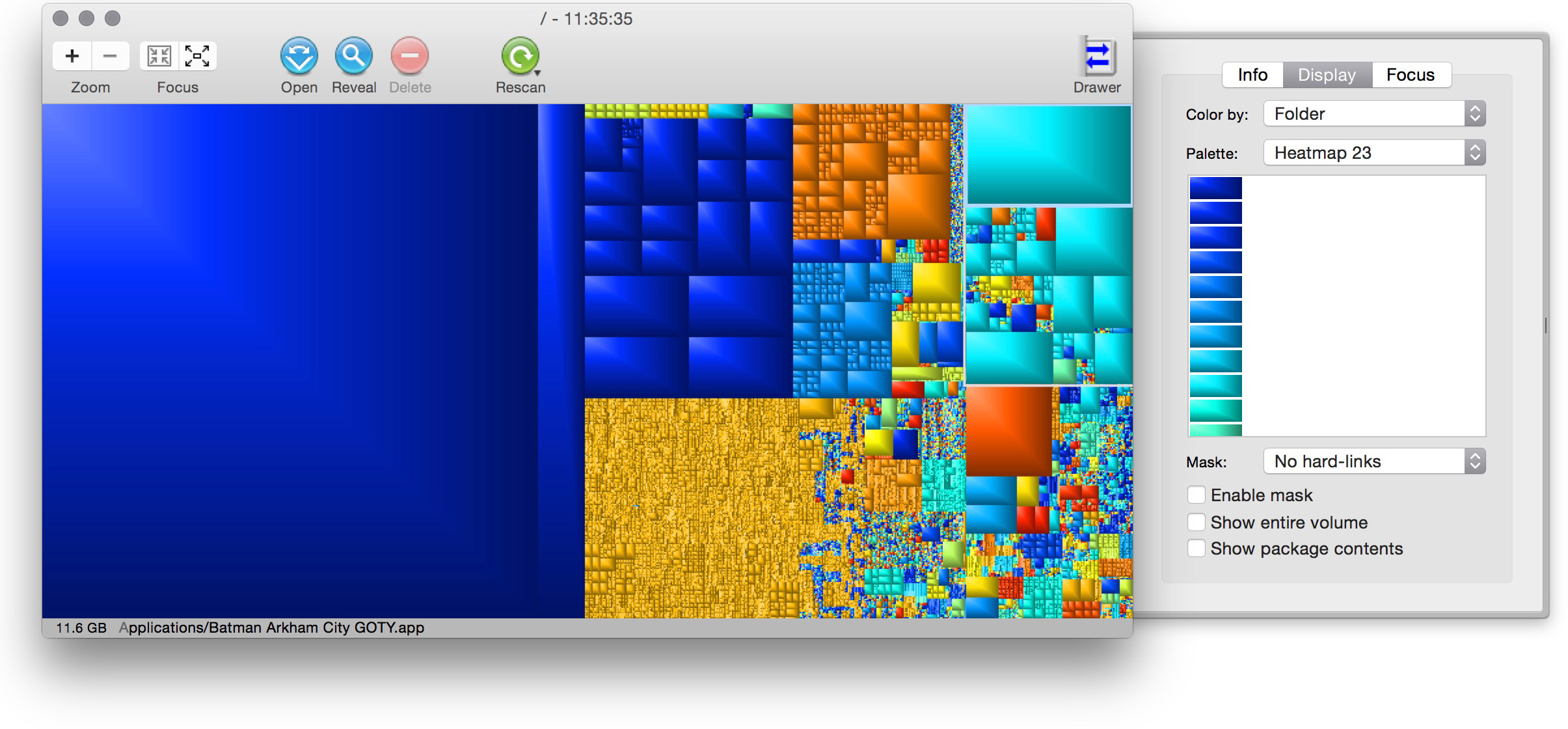

So, they keep blindly clicking on “Next” or “I agree” buttons, without realizing what exactly they agree with. Thus, they often agree with all offers that are suggested by freeware installers. The problem is that they sometimes fail to carefully read the EULAs (also known as the End User License Agreements) related to these free applications. This means that Mac Cleanup Pro is often offered along with some cost-free software that users might decide to install into their Macs. Mac Cleanup Pro is often spread among Mac computers using the method called “bundling”. How does your Mac work when Mac Cleanup Pro is inside? Video guide to remove Mac Cleanup Pro scam manually (optional). How to get rid of Mac Cleanup Pro from Mac OSX systems? You can then quit Terminal.Behavior of Mac infected by Mac Cleanup Pro. To generate another random string, press the up-arrow key and then the return key with the Terminal window active. Use that string, or a substring, as the password. A string of 14 random characters will be copied to the Clipboard. Launch the built-in Terminal application and paste into the window that opens ( command-V). Openssl rand -base64 10 | cut -c-14 | pbcopyĬopy the selected line to the clipboard by pressing the key combination command-C. Triple-click anywhere the line below on this page to select it:


One way to generate a secure password is the following. If you use iCloud Keychain, it will automatically generate a strong random password for most websites the first time you log in, and store it to be entered automatically from then on. Of course, I have no way of knowing whether some miscreant entered your premises and sabotaged it.ĭo you use a password generator/database to hold your passwords? If it's not remotely accessible and there was no local attack on it, yes. You think my computer falls outside of this invasion? +Two MacBook Pro laptops running Mountain Lion My question is how would I discover if there is any malware residing on my MAC's? Am I cleaning up only to get things dirty again? From what I've read here it sounds like there's no way to find out if anything malicious is currently residing on my system(s), but I thought I'd ask. I don't run any anti-virus on my iMac, laptops or Android phone.

I practice safe surfing and never open attachements, use illegal software or visit suspect sites. I've changed the password, and cleaned up over a thousand garbage tweets and follows, and now I'm trying desperately to get out from under a deluge of daily spam. I've been the victim of a hacker who obtained my main email address and a password (used for Twitter and to access my website content).


 0 kommentar(er)
0 kommentar(er)
